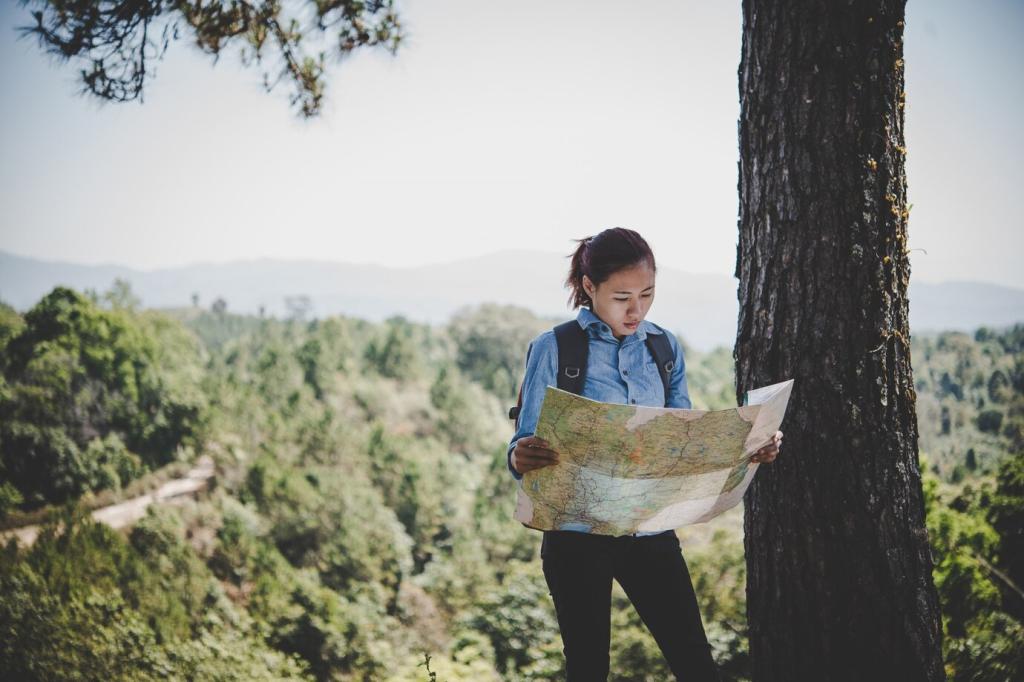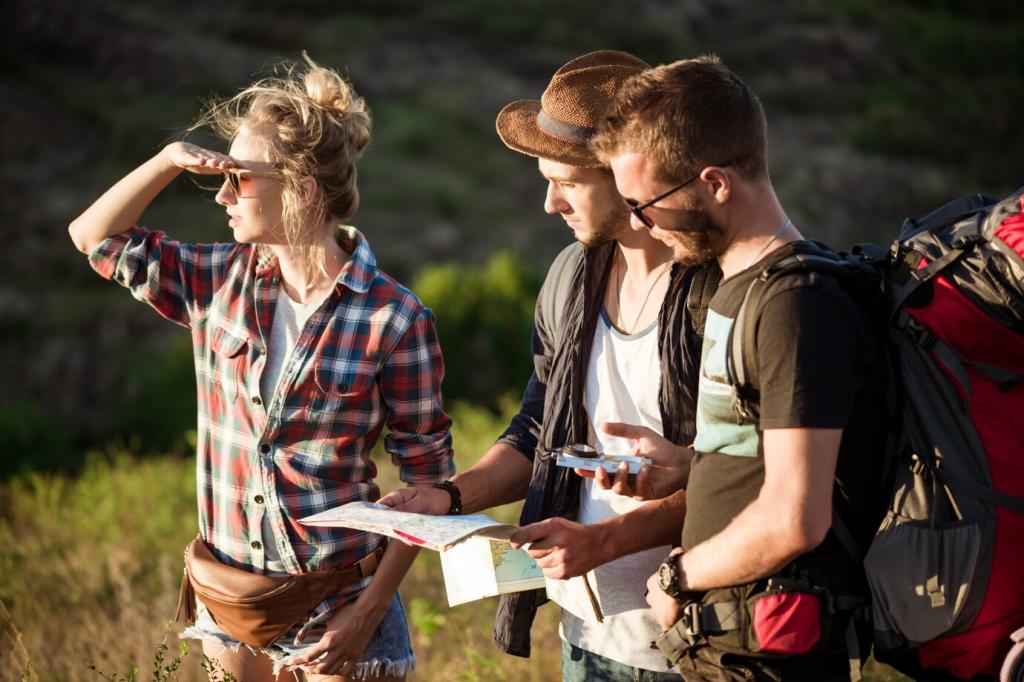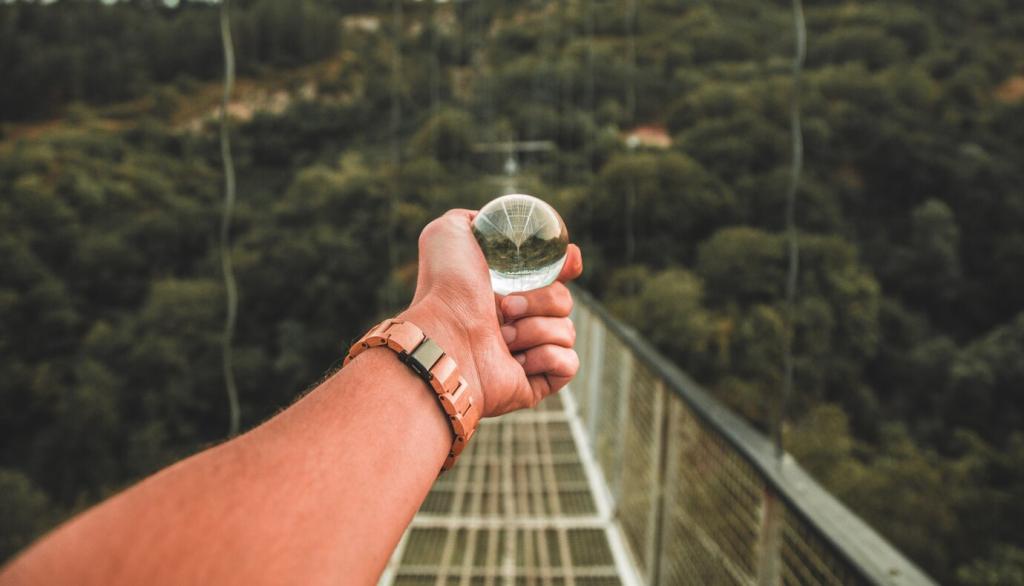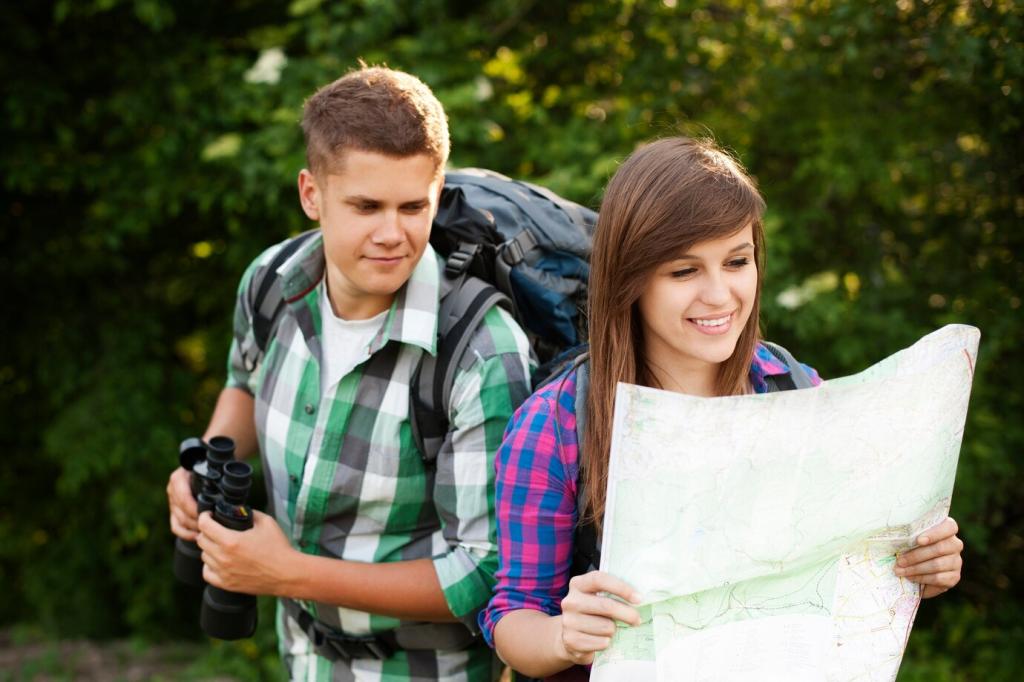Conservation Efforts Enhanced by Local Ecotourism
Chosen theme: Conservation Efforts Enhanced by Local Ecotourism. Explore hopeful, grounded stories where community-led travel funds rangers, revives habitats, and honors cultural guardians. Join, subscribe, and help us amplify people-powered nature protection with every journey you take.
From Trail Fees to Tree Guardians: How Visits Fund Protection
When park fees become conservation budgets
In places like Costa Rica, where over a quarter of land is protected, visitor fees purchase patrol vehicles, seed native nurseries, and repair trails that reduce erosion. Ask where your ticket goes—your curiosity nudges managers toward transparent, accountable conservation.
Community lodges that pay for rangers
Namibia’s communal conservancies, many linked with small lodges, reinvest tourism revenue into anti-poaching patrols and human–wildlife conflict mitigation. Each booked night helps fund local jobs and boots on the ground, so wildlife protection is a paycheck, not a lecture.
Revenue-sharing that builds trust
Rwanda channels a portion of national park revenue to surrounding communities, funding classrooms and water systems alongside habitat work. When neighbors see tangible benefits, they become partners, not bystanders. On your trip, ask about revenue-sharing and celebrate projects worth repeating.
Wildlife as Neighbors: Gentle Encounters That Safeguard
Guides who prevent stress before it starts
Skilled naturalists read behavior cues, set viewing distances, and time visits to avoid nesting or denning peaks. Red-filtered lights on turtle beaches and quiet drift approaches for whales show how expertise transforms curiosity into care, not disturbance.
Citizen science that matters on the trail
Birders logging checklists to eBird, divers recording reef health, and hikers uploading iNaturalist photos generate real data. Your observations help map migrations, flag disease outbreaks, and guide closures that let habitats recover. Share responsibly and keep locations sensitive when needed.
A dawn patrol that changed a beach
One small group joined local monitors at first light, relocating at-risk turtle nests behind a newly built community fence. Weeks later, hatchlings sprinted to the surf. Those visitors left with sandy shoes—and a lifelong commitment to return and support.



Designing Low-Impact Journeys That Last
Visitor caps, timed entries, and small-group policies prevent crowding and habitat trampling. Ask operators about carrying capacity studies and how they adjust routes when wildlife shifts. If they adapt with seasons, they are likely protecting what you came to see.
Designing Low-Impact Journeys That Last
Fewer transfers and longer stays deepen learning and cut emissions. Two additional nights in one community can finance more ranger hours than a whirlwind itinerary ever would. Slow travel lets your spending concentrate where it matters most: locally.


Thriving Local Economies, Falling Poaching Pressure
Jobs that make wildlife worth more alive
Guiding, beekeeping, native seed collecting, craft cooperatives, and reef restoration teams add dependable income. With training and microgrants tied to tourism, families expand options beyond bushmeat or logging. Economic resilience becomes a shield for forests and herds.
The night the snares vanished
After tourism returned post-closure, a conservancy near the escarpment rehired patrols funded by visitors. Within weeks, snare counts dropped dramatically. Nearby shopkeepers noted more foot traffic, linking full guestbooks to quieter forests and safer wildlife corridors.
Spend like your receipt is a ballot
Book community-owned stays, hire local guides, and eat where residents eat. Ask vendors about conservation contributions and training programs. Every purchase can reinforce the network that keeps habitats intact. Share your picks below so others can follow your lead.
Be the Ecotourist Who Truly Helps
Check governance, group size limits, habitat codes, and revenue-sharing details. Seek certifications that audit social and environmental impact, not just marketing. Message operators with questions; their answers reveal whether conservation is a promise or a practice.
Stay on marked paths, keep quiet near nests or dens, never feed wildlife, and pack out everything. Bring refillable bottles and biodegradable toiletries. Respect guide instructions without debate—safety for animals and people is the first principle of ecotourism.
Upload your species observations, donate to ranger funds you visited, and write detailed reviews highlighting conservation practices. Subscribe to our updates for volunteer alerts, science projects, and community stories. Your voice can recruit the next guardian traveler.
Join our mailing list
